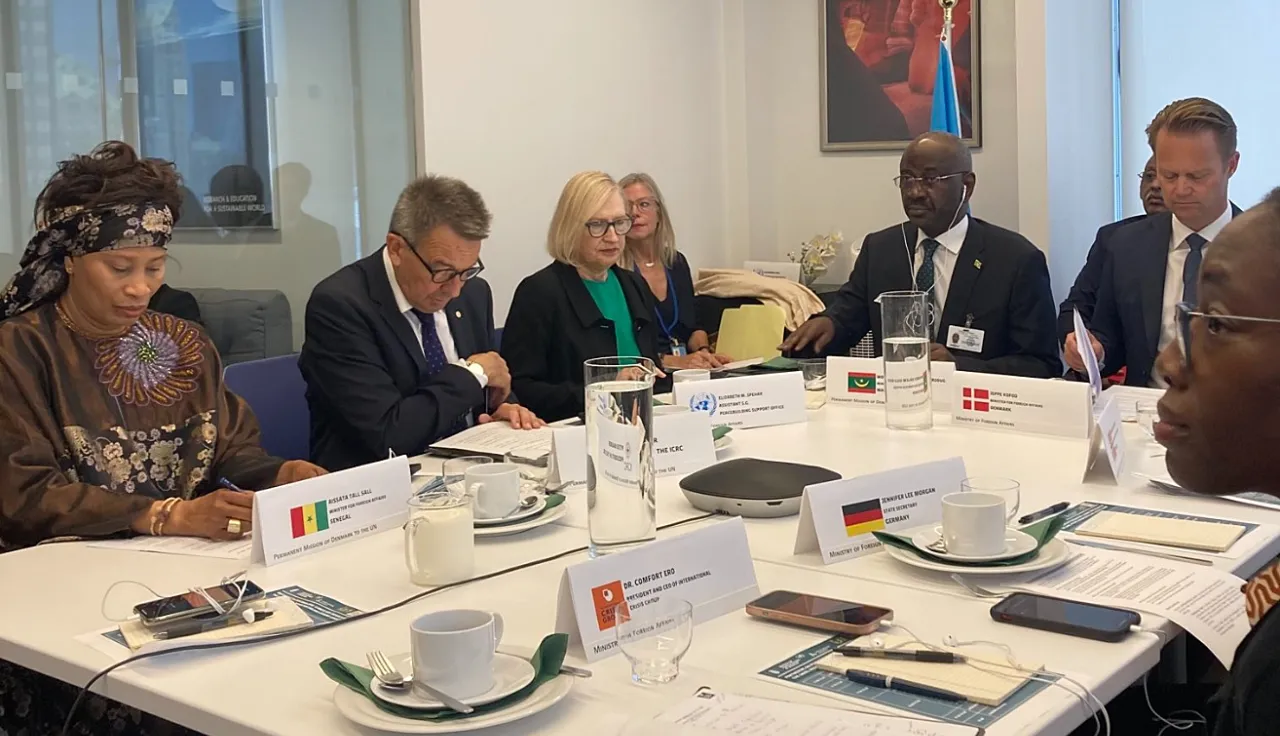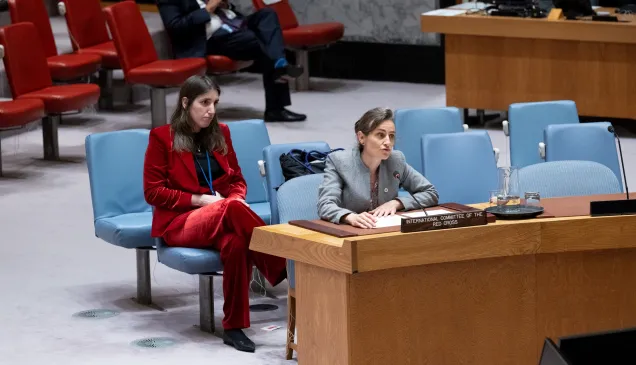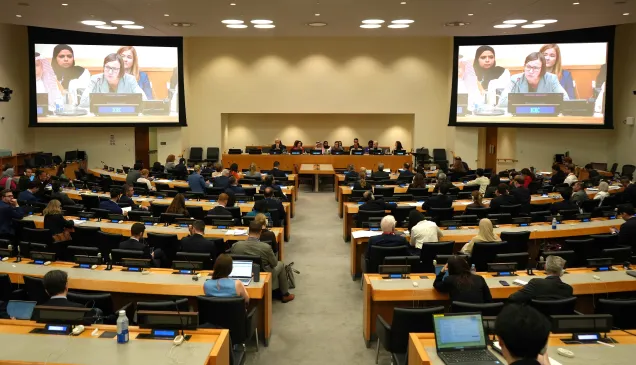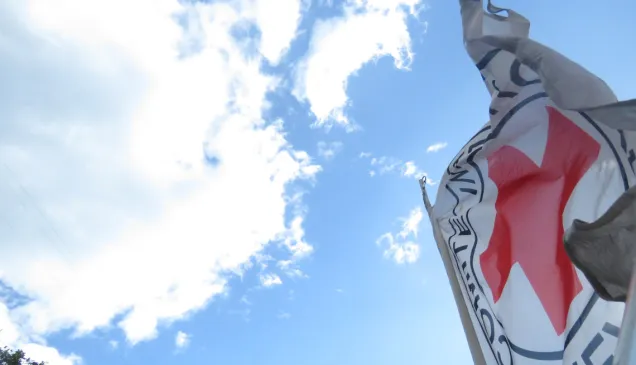Excellencies, ladies and gentlemen,
The ICRC works closely with communities who are on the very frontlines of climate change, armed conflict and violence. What we see the Sahel is clear:
- Almost all countries there considered the most vulnerable to climate shocks are also enduring conflict
- The convergence of shocks is felt dramatically on people's lives as well on institutions and social cohesion, threatening development holds.
- Despite clear vulnerabilities, actors that are best equipped to use climate finance and support climate adaptation are largely absent because of security risks
Communities in the Sahel are among the most resilient in the world, but in the face of compounded shocks, they now walk on a tightrope of survival. Their message is clear: they want pathways to self-sufficiency.
Frontline humanitarian action is a vital stabilizing factor in fragmented environments and a building block towards greater stabilization. However, humanitarians alone cannot respond to the myriad of challenges.
Our urgent priority is to work together, in complementarity and at different scale to strengthen the resilience of individuals, communities and systems. We may all agree on that, yet we stumble on the "how" of our collective response.
The ICRC based its learning on some recent initiatives – for instance the CHF 40 million Goma West Water Project which will provide 330,000 city residents with safe and affordable drinking water by 2026. This is being achieved by a new collaboration across sectors and local, regional and global actors.
I see three practical solutions that can make us more successful in bringing together a positive and sustainable impact:
- First, put people affected at the center – enable local community initiatives, in addition to large-scale transformative efforts.
- Second, share knowledge and align complementary experiences – humanitarians can help other actors bring a conflict-sensitive lens to their own work and address some of the risks that limit their actions in these contexts.
- Third, explore new financing mechanisms that bring States, the private sector, humanitarian and development actors together in finding new and more meaningful tool to better deliver services and address needs.
Thank you.




